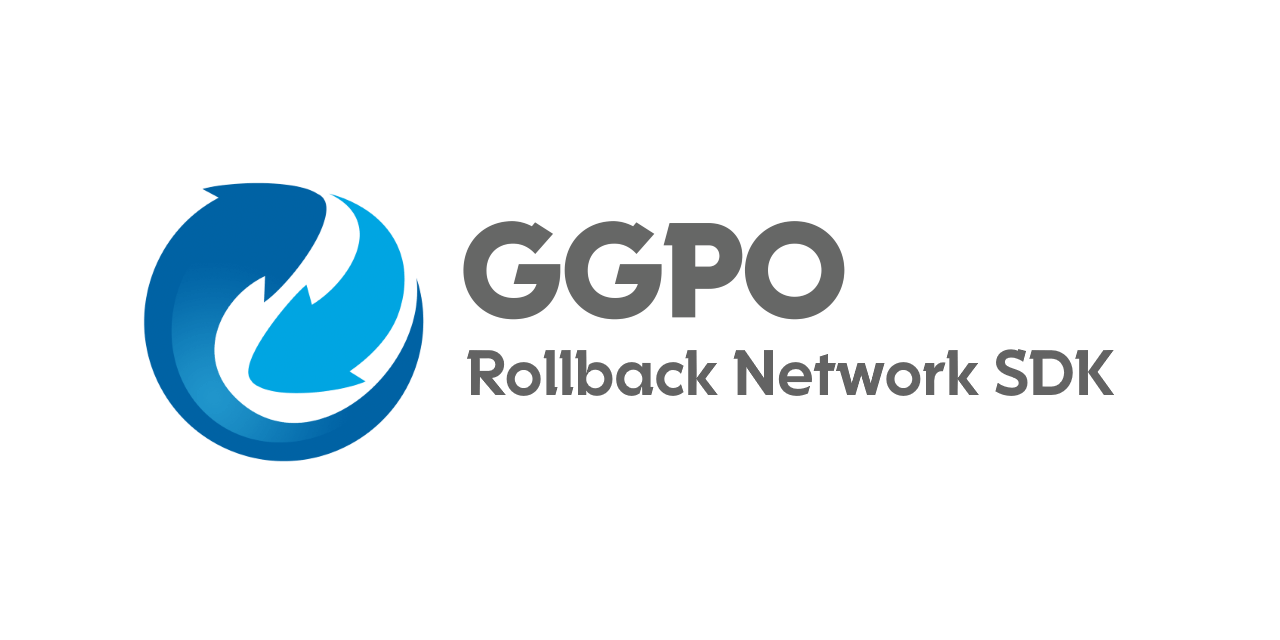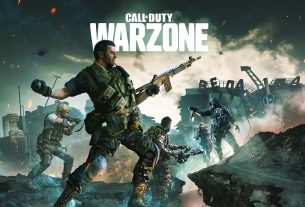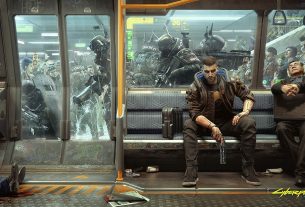First off, we take a look at what GGPO is. It stands for Good Game Peace Out and designates as middleware, designed to help players create an almost lag less experience. Also, it is made for emulated arcade and fighting games. The program’s creator, Tony Cannon, made it as a solution after noticing the much-hyped problems of the Xbox 360 game Street Fighter II: Hyper Fighting. Released in late 2006, it also received positively by the game’s developer, Capcom.
How GGPO Makes a Player Better
When players are playing online, the machines simulate each on different consoles. When you’re running a multiplayer, things could get dicey, and the other player might lose simply because of lags. Many players, including Cannon, found it frustrating to suffer only because of laggy online connections. Cannon’s solution was to simulate an experience where each player appears to be playing exclusively on one console – thus the intervention of GGPO.
The Netcode’s ‘Inner’ Workings
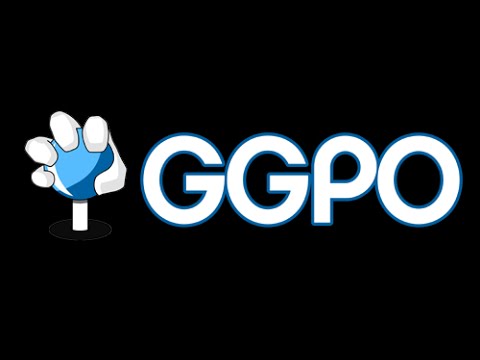
GGPO works by predicting the remote player’s actions. Also, it allows the game to roll back to when it received the remote player’s controller inputs and find points in the game where those inputs are correctly predicted. By doing this, the game seems more responsive as if both players are present in the same location. GGPO works on this based on speculative simulation, where the tech guesses what each player will do. When GGPO receives the inputs from the remote player, it then subtly makes rewinds back to the first incorrect frame. Once the information from the updated stream is handed, it will look like both players are now reacting in real-time.
Is It Better Than Other Similar Tech?
There is another tech that does what GGPO does. One makes the game a little slower so that inputs from the remote player will always catch up to the present action locally. What doesn’t make it better is that it’s still necessarily lag – by making the game slower, it becomes rigged in favor of the missing player? The player on the local console will have to compensate and, just by missing a crucial combination. In this case of fighting games, they have the chance to throw their game away completely.
Is it GGPO the best option?
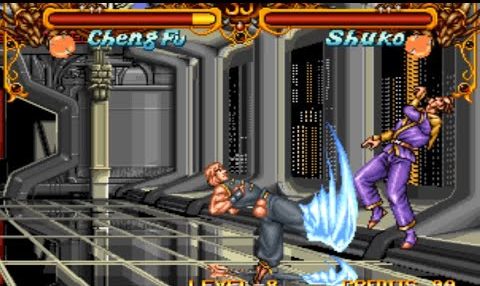
In games where the software works well, it is a perfect option. It isn’t the best, though, as there is other similar software which does what it can. The benefit it gives is that it is one of the solutions, and it is not a stopgap one. Other games will benefit if they decide to put the code into their network systems. GGPO might also be a significant benefit in non-fighting games, but the effect of it has yet to be seen and implemented, if ever.
It is especially helpful in games where a higher ping connection between the player should get established. A few new fighting games have also started to include GGPO within its game codes ever since it’s created. With its use of peer-to-peer topology, it can send accurate data that makes the game seem to lag less. There are no more excuses that lag made you lose; you simply have to get better in the game. There are thousands of gamers that are already using GGPO in old school classics within the fighting game community and against players that are half the world away.
As it looks like, the latency manipulation and the process with which GGPO makes games seem seamless can make it an indispensable aid in creating a great online fighting game experience. How about you? What do you think about this kind of matter? You can share all your thoughts below this post!

